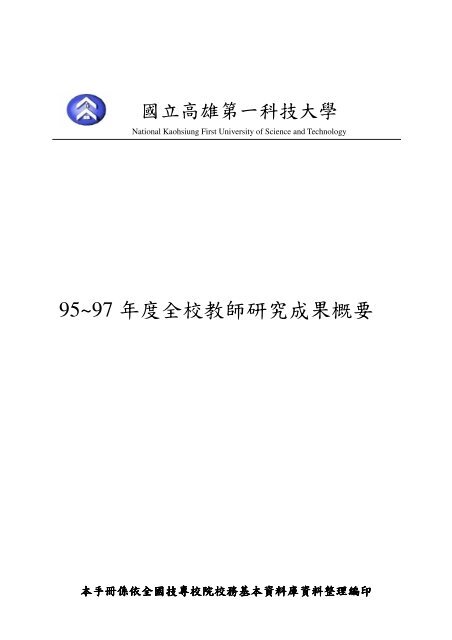

+ cp /mnt/NAS/finch/etc/group /mnt/NAS/finch/etc//group.finch + cp /etc/group /mnt/NAS/finch/etc//group.host + cp -f /etc/mail/aliases /mnt/NAS/finch/etc/mail/aliases.host


+ cp -f /etc/pw.conf /mnt/NAS/finch/etc/pw.conf + cp -f /etc/hosts /mnt/NAS/finch/etc/hosts + cp -f /etc/localtime /mnt/NAS/finch/etc/localtime Refreshing /etc configuration files in /mnt/NAS/finch. + echo 'Refreshing /etc configuration files in /mnt/NAS/finch.' + pw user add -D -C /etc/pw.conf -s /usr/local/bin/bash -w no -k /var/empty + sed -i '' -e s/date// /mnt/NAS/finch/etc/rc * A follow-up confirmation email will be sent when installation has finished. * Installation will take anywhere from 20 minutes up to 1 hour. * Please do not switch off, shutdown or reboot your FreeNAS system during this process. Your Finch FreeBSD Installation has started. + _subject='finch: Your FreeBSD Installation has started.' Installation started on Fri Jul 25 22:34:50 CEST 2014 This research paper investigates the current trends and identifies the existing challenges in development of a big scholarly data platform, with specific focus on directions for future research and maps them to the different phases of the big data lifecycle.****************************************************************************** As a result, there is a growing demand for scholarly applications like collaborator discovery, expert finding and research recommendation systems, in addition to several others. The evolving nature of research problems has made them essentially interdisciplinary. In order to facilitate data analytics for big scholarly data, architectures and services for the same need to be developed. The volume, variety and velocity of this generated data, satisfies the big data definition, as a result of which, this scholarly reserve is popularly referred to as big scholarly data. Recently, there has been a shifting focus of organizations and governments towards digiti-zation of academic and technical documents, adding a new facet to the concept of digital libraries. We describe the design, implementation, and functionality of CiteSeerExtractor and show how the duplicate document matching results in a difference of 8.46% in the time required to extract header and citation information from approximately 3.5 million documents compared to a baseline. The backend stores previously extracted metadata and avoids extracting metadata from a document if it has already been extracted before. In this paper, we describe CiteSeerExtractor, a RESTful API for scholarly information extraction that exploits the fact that there is duplication in scholarly big data and makes use of a near duplicate matching backend. A Web-accessible API can simplify this extraction by providing a single point of operation for extraction that can be incorporated into multiple document workflows without the need for each workflow to implement and support its own extraction functionality. The automatic extraction of metadata and other information from scholarly documents is a common task in academic digital libraries, search engines, and document management systems to allow for the management and categorization of documents and for search to take place.


 0 kommentar(er)
0 kommentar(er)
